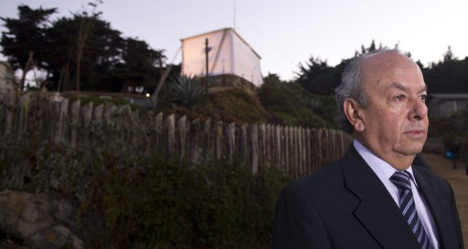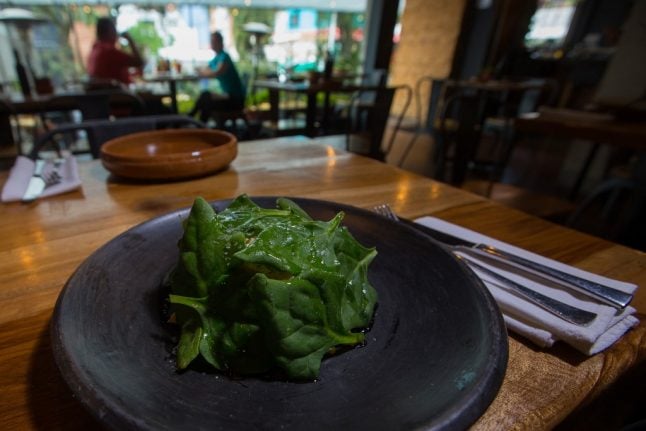Judge Mario Carroza directed that Neruda's remains be sent to the University of Murcia, where toxicologists will probe whether he died of cancer or was fatally poisoned by agents from the military dictatorship of General Augusto Pinochet.
The judge approved "taking bone samples from Neruda for structural and biochemical analysis," court documents showed.
The tests are being undertaken at the same time that forensic specialists in the US state of North Carolina are probing the cause of Neruda's death.
Judicial authorities in 2011 opened an investigation into a four-decade-old claim by Neruda's driver that his death was the result of poisoning by the Pinochet regime.
Scientists have confirmed that the Chilean poet had advanced prostate cancer at the time of his death, but have not ruled out that he was poisoned by the Pinochet regime, which he strongly opposed.
The leftist Nobel Prize-winning author died 12 days after the 1973 military coup that ousted socialist president Salvador Allende and brought Pinochet to power. Neruda was long believed to have died of prostate cancer.
Neruda won the 1971 Nobel Prize for Literature and is best known for his love poems and his "Canto General" — an epic poem about South America's history and its people.



 Please whitelist us to continue reading.
Please whitelist us to continue reading.
Member comments